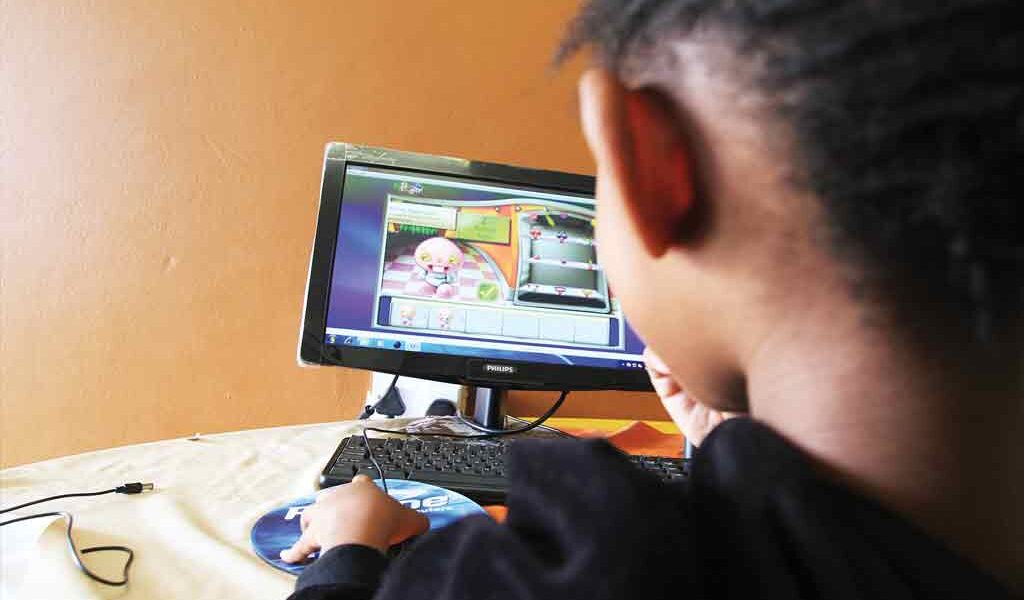Perhaps the time is ripe for strict laws to be implemented that private schools must teach Botswana history and also make it compulsory for students to take elementary Setswana.
Donald Molosi
More and more well-meaning Batswana parents are opting to have their children not speak Setswana but only English. These parents pay an arm and a leg to rich private schools to ensure that their children are blocked from Setswana, to facilitate Setswana linguicide (the killing of language) for their children’s generation. Let us call it what it is.
I know. The early colonizers must be grinning in their graves. The missionaries who used to assault our forefathers for speaking Setswana must be delighted that we have so deeply believed in the fiction of our own inferiority that centuries later we still define high social status by how closely we can approximate the racist (neo-)colonizer’s identity, and how far we can distance ourselves from the languages and cultures of our own grandfathers who spoke Setswana.
The Motswana parent’s action in being an agent of linguicide and cultural erosion, as is the case, is usually an attempt to maximize the child’s chances of success in this world where English fluency opens doors that Setswana fluency cannot. I understand that but why does English have to displace our Setswana instead of being alongside it? You will recall that when English was first foisted upon Africans, it was with the fiction that our languages were not languages. Why is oppressive and imperialist English unable to share cultural space with our own equally valid and more culturally relevant African languages? That is the enslaving pattern we are continuing by pretending that our children have no space in their heads and futures for our languages.
Also, why are we acting like that English’s perceived superiority and Setswana’s perceived inferiority is a natural and not man-made condition that can be reversed? Also, why is it a case of choosing one language or another? Why not teach the child both? Once we have raised high-achieving English-speaking Batswana children who do not speak Setswana and they are making obscene amounts of money, in whose interest is their ignorance about their own Botswana? I hope you see why I say that the early colonizers must be smiling in their graves.
It is fun and games when you show off your non-Setswana-speaking toddler’s English vocabulary but wait until they are adolescents and they have to deal with the painful question of, Who Am I? and they only have English to process that with. They will only have that European language through which to learn about their lineage. And English falls apart trying to make sense of that lineage.
Psychologically, it is traumatic to a child to be raised in direct opposition to where they are raised. It teaches the child that they can only define themselves in opposition to somebody else’s identity. Is this the absence of humanity that we are spending lots of money to teach our children? That Setswana is the lowly language they only hear when their parents are instructing the gardener? That our children have no self-identity except in opposition and in superiority to the languages and cultures of their forefathers?
How then do we teach the children that every person is fully human? On a more sentimental note, we are creating an artificial language barrier between children and their grandparents where, despite being Batswana, the interactions between those two generations are exclusively in English, a language that fails to capture our Tswana cultures thus making little room for intergenerational transmission of culture and knowledge. What jokes will the grandparent never share with their grandchild because of the language barrier? What family stories will be erased because they can only be carried most accurately in English, a language that struggles to capture our traditions? I count it among my life’s blessings that my 93-year old grandmother can share a joke from the 1930’s with me in its original Setswana without need for translation into English, without that watering of our shared moment to the constraints of English as a language.
There are many people who are without the privilege of connecting linguistically to their past. Why would you squander it if you have the opportunity to connect thus to your past? Or does no one care about the forefathers and forefathers anymore?
Instead of traumatizing our children by having them bear Setswana names and yet not speak Setswana; having them live in Botswana all their lives and yet feel they belong elsewhere, why not teach them both Setswana and English? Perhaps the time is ripe for strict laws to be implemented that private schools must teach Botswana history and also make it compulsory for students to take elementary Setswana. We cannot be a country that hosts schools that are incubators for neo-colonialism by, in effect, teaching our children that they have no past to speak of and that they always have to aspire to be the other. In the words of Sir Seretse Khama, “it should now be our intention to retrieve what we can of our past. We must write our history books to prove that this is a past that is just as knowing about as any other.”

